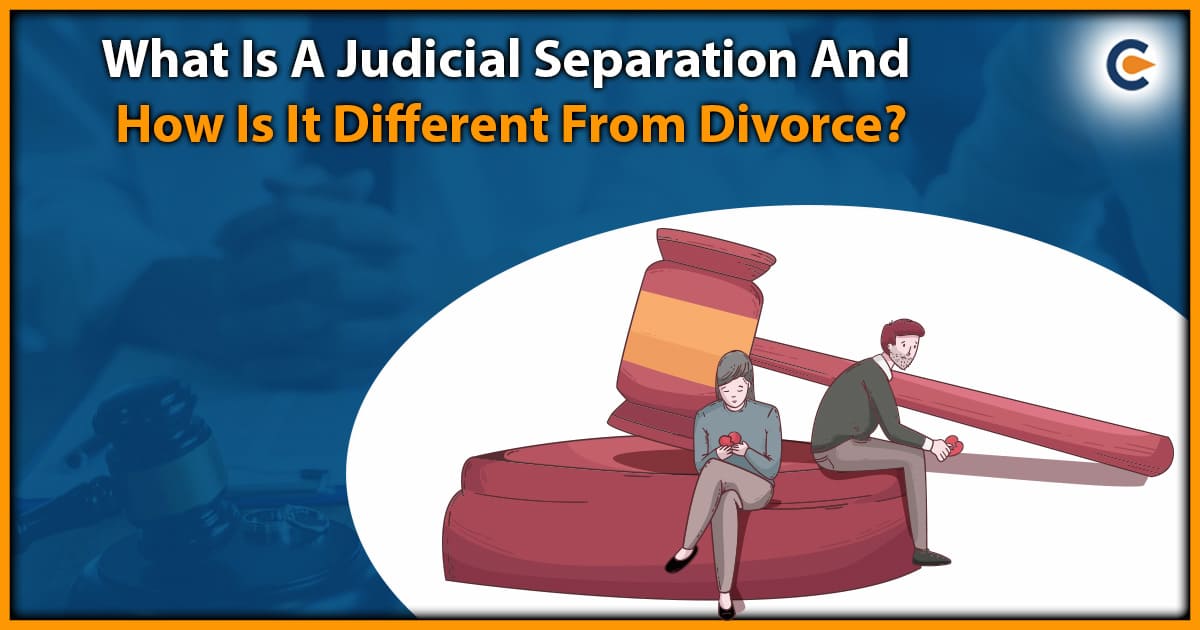Will, gift, and relinquishment deed are three different legal instruments used in estate planning and property transfer.
A will is a legal document that outlines how a person’s property and assets should be of their assets, appoint an executor to manage their estate, and name guardians for minor children.
A gift, on the other hand, is the transfer of property or assets from one person to another, without any consideration or payment in return. Gifts can be made during a person’s lifetime, or as part of an estate plan.
A relinquishment deed is a legal document used to transfer ownership of property from one person to another. It is commonly used when a person wants to transfer ownership of their property to someone else without receiving any payment in return. A relinquishment deed can also be used to transfer ownership of property to a trust or corporation.
In short, a will outlines the distribution of a person’s assets after their death, while a gift is a transfer of property or assets during a person’s lifetime, and a relinquishment deed is a legal document used to transfer ownership of property without any payment in return.
What Are The Differences Among Various Factors?
Will, gift, and deed are all legal instruments used in estate planning and property transfer, but they differ in their purpose, timing, and legal effect.
- Purpose: A will is used to distribute a person’s assets after their death, while a gift and a deed are used to transfer ownership of property during a person’s lifetime.
- Timing: A will only takes effect after a person’s death, while a gift and a deed take effect immediately upon transfer of ownership.
- Legal Effect: A will transfers ownership of property through the probate process, which can be time-consuming and costly. A gift and a deed, on the other hand, transfer ownership outside of probate and can be a more efficient way to transfer property.
- Revocability: A will can be changed or revoked by the testator at any time during their lifetime, as long as they are mentally competent. A gift and a deed, once executed, are generally irrevocable.
- Tax Implications: A will and a gift can have estate tax implications, while a deed does not. Estate tax is a tax on the transfer of property at death, and applies to the value of the property owned by a person at the time of their death.
- Formalities: A will and a deed must be executed with specific formalities, such as the presence of witnesses and notarization, to be valid. A gift can be informal and may not require specific formalities, depending on the type of property being gifted.
What Is The Legal Aspect Of These Three Instruments In India?
In India, wills, gifts, and relinquishment deeds are all recognized legal instruments for estate planning and property transfer. Here are some laws that are applicable to each of them:
- Will: In India, the law governing wills is the Indian Succession Act, 1925[1]. A will must be in writing and signed by the testator in the presence of two witnesses. The witnesses must also sign the will in the presence of the testator. The will can be registered with the registrar, although registration is not mandatory. The probate court has jurisdiction over the administration of wills.
- Gift: The law governing gifts in India is the Transfer of Property Act, 1882. A gift must be made voluntarily and without consideration. The gift must be accepted by the recipient, and the transfer must be registered, except in the case of certain kinds of gifts, such as gifts of movable property worth less than a certain amount. Gift tax was abolished in India in 1998.
- Relinquishment Deed: A relinquishment deed is a legal document used to transfer a person’s right, title, and interest in a property to another person. The law governing relinquishment deeds in India is the Indian Registration Act, 1908. A relinquishment deed must be executed on stamp paper, signed by the parties involved, and registered with the registrar. The deed must also be witnessed by two people.
It’s important to note that the laws and procedures for wills, gifts, and relinquishment deeds may vary depending on the state in India where the property is located. It’s advisable to consult with a lawyer who is familiar with the specific laws in your state to ensure that the legal documents are executed properly and have the intended legal effect.
Conclusion
In conclusion, wills, gifts, and relinquishment deeds are all legal instruments used for estate planning and property transfer, and they can be related in various ways. A person may choose to use one or more of these instruments to transfer their property to another person, depending on the circumstances of the transfer. They may also use a combination of these instruments to transfer their property to different individuals. Additionally, a person may use a will to modify or revoke a gift or relinquishment deed, while a relinquishment deed can affect the distribution of property under a will. It’s important to consult with an attorney to determine the most appropriate instrument or combination of instruments for your specific needs and circumstances. It is always better to consult a legal professional who specializes in this domain according to the local state laws of the estate/property division so as to not create a clutter and maintain a good transparency between the beneficiaries.
Also Read:
Relinquishment Deed: Key Elements And Registration Process











